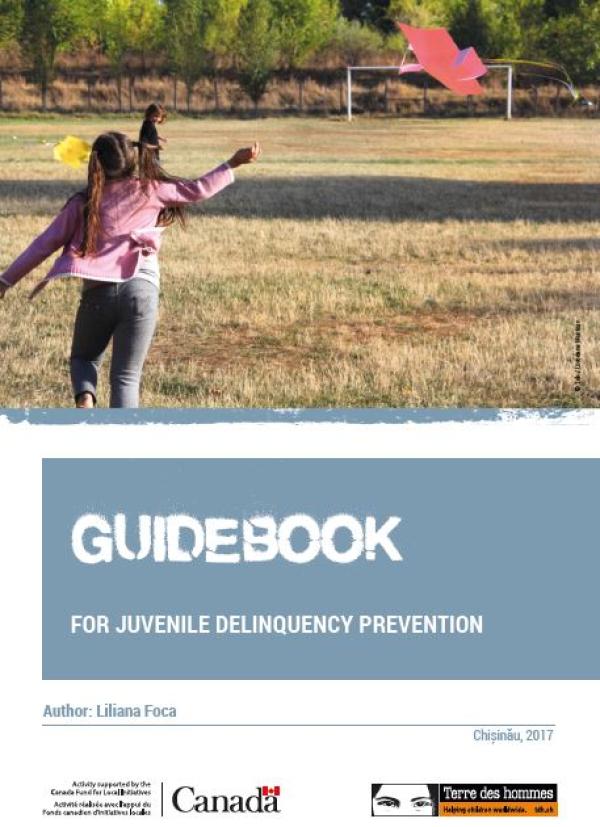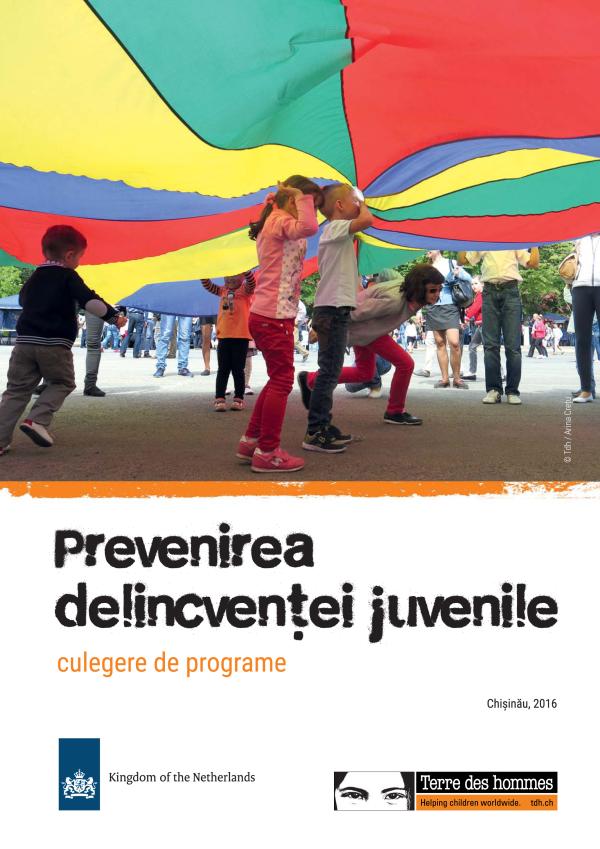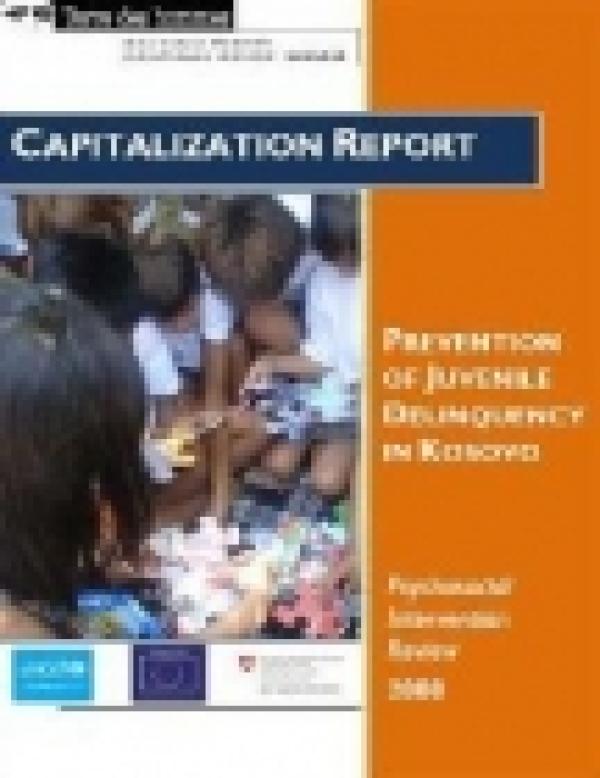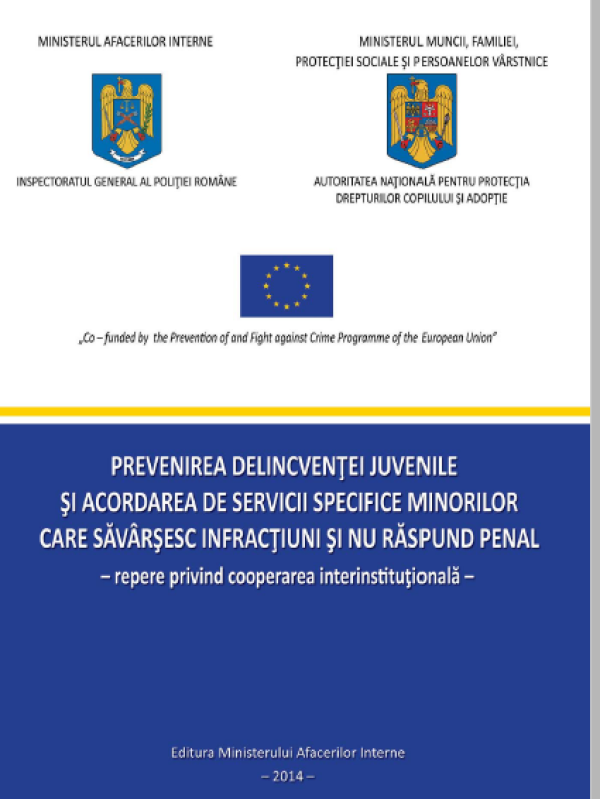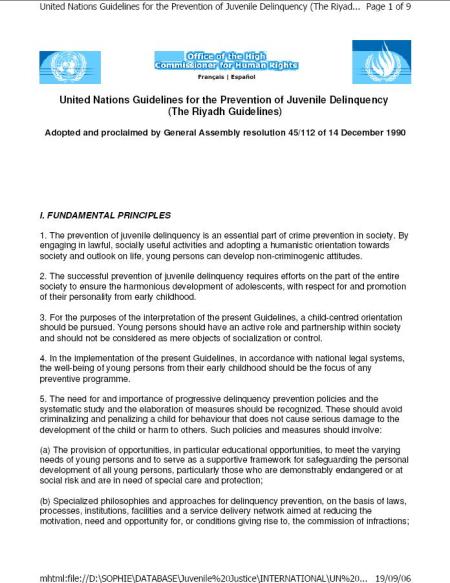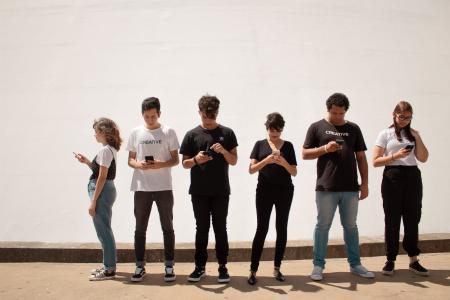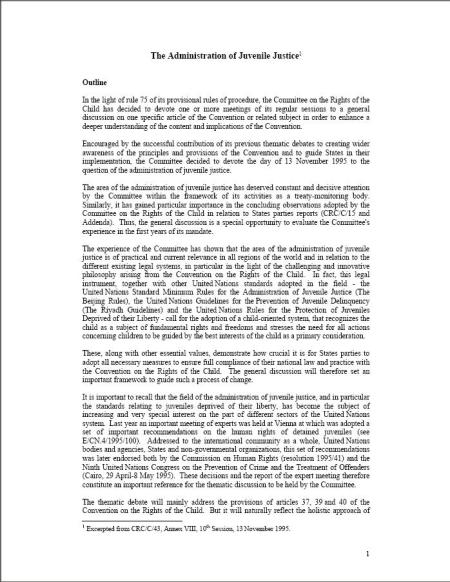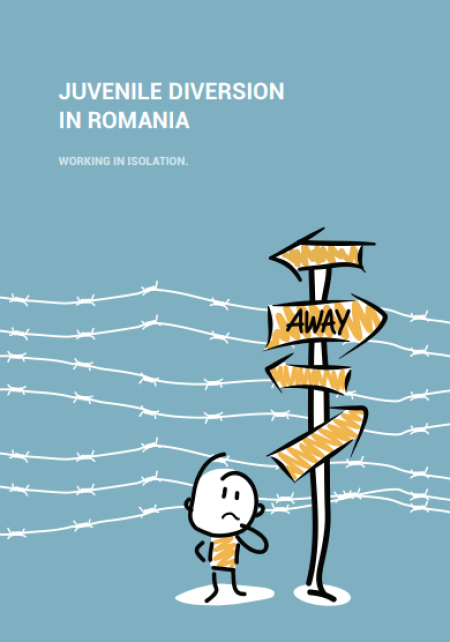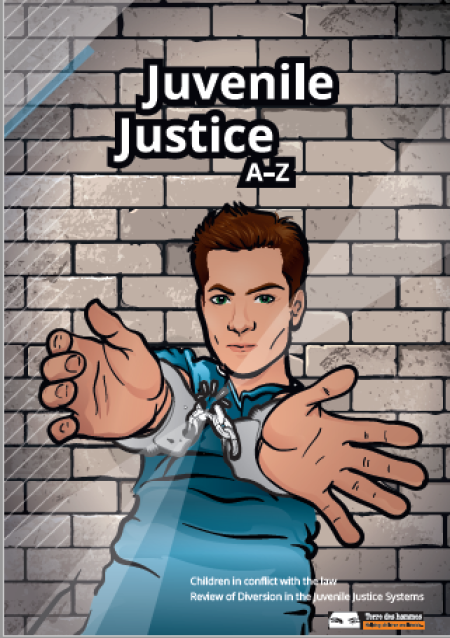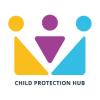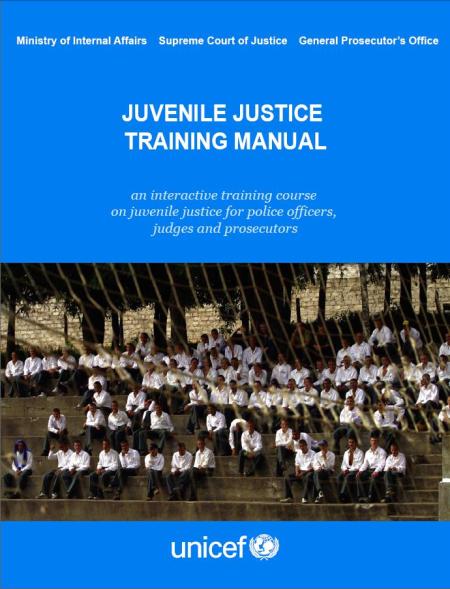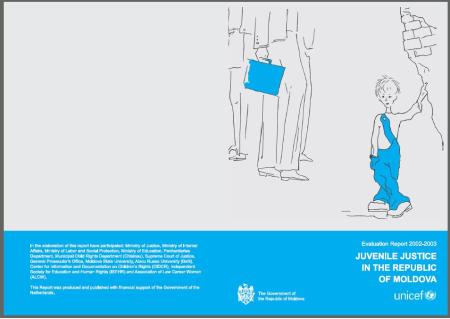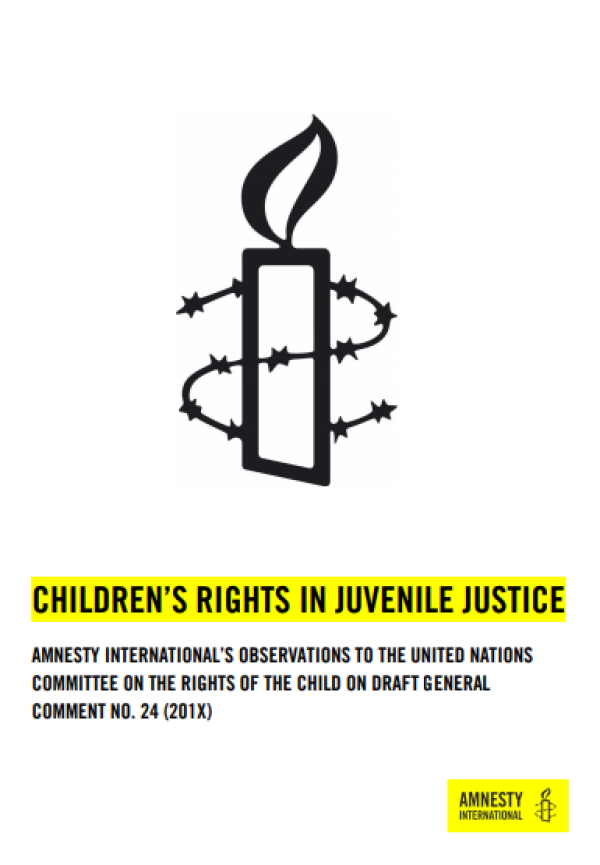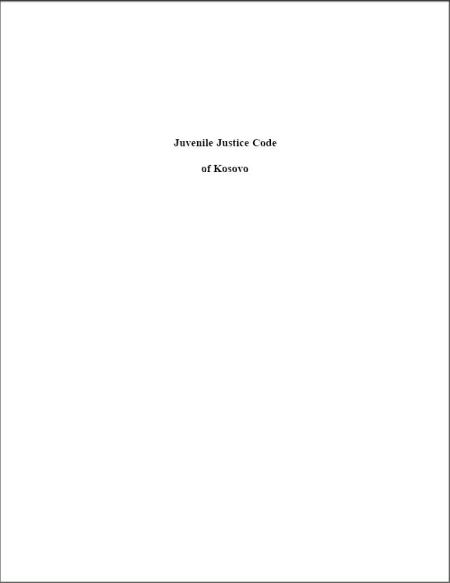
To enrol and take courses in the Childhub Academy you need to be logged in to Childhub.
The aim of this online course is to become familiar with different trends of juvenile radicalisation in Europe, as well as to provide professionals who work with young people some theoretical concepts for prevention and intervention. The course describes various practices applied in several European countries.
Contents:
- Module 1: key concepts in radicalisation; juvenile justice and child rights – concepts, legal and policy instruments
- Module 2: prevention of juvenile radicalisation – overview of prevention of crime in general and with focus on the prevention of radicalisation; examples of programmes in Europe that are working to prevent radicalisation
- Module 3: community sanctions and measures in the context of juvenile radicalisation – different types of community sanctions and measures, their legal framework, and their characteristics + examples
- Module 4: prevention of juvenile radicalisation in detention and disengagement programmes – methodologies for working with young people exposed to radicalisation, and their life after their release from detention + examples
Aimed at developing skills to:
- Deepen and enhance knowledge on prevention of juvenile radicalisation.
- Deepen and enhance knowledge of related international and European standards.
- Apply international juvenile justice standards related to the topic of particular cases.
In order to enrol, please follow these steps:
- Register as a new user on the ISJJ platform via this link.
- Once you are a registered user, enrol on the ‘Prevention of juvenile radicalisation’ course via this link
- For any additional information, please write to internationalschool@oijj.org
- This course is now permanently open.

You might like..
yes
0
22
The purpose of this guidebook is to prevent juvenile delinquency among preadolescent and adolescent children, and is directed at psychologists working in schools and psycho-pedagogical assistance services.
The guidebook contains two sections.
The…
0
726
Children and adolescents learn in a continuous relationship with a caregiver or a significant adult. Also they experiment, learn and develop properly through safe interaction with each other. They learn about themselves, about others, about the…
yes
0
25
In spite of KosovoÂ?s declared commitment to fully protect the rights of the child in conformity with the United Nations Convention on the Rights of the Child, in practice, protective intervention in addressing the child rights violations in Kosovo…
0
5003
This guide offers useful information to specialists who interact with children with delinquent behavior.
The paper aims to facilitate inter-institutional cooperation and promote an integrated approach, based on the coordination of…
0
271
?The present Guidelines should be interpreted and implemented within the broad framework of the Universal Declaration of Human Rights, the International Covenant on Economic, Social and Cultural Rights, the International Covenant on Civil and…
yes
0
60
During this 50-minute talk, hosted on September 5, 2017, by the "Coffee Break" show at Radio Chisinau, the journalist together with Ana Racu, deputy director of Tdh Moldova, Member of the Committee against Torture and Mihaela Săsăman, expert in…
no
0
41
Key findings from a June 2021 report published by the UK Department for Education raise concerns about challenges in identifying and addressing radicalization due to practitioners’ lack of experience and confidence. Calls have been made for more…
0
60
The Committee on the Rights of the Child decided to devote the day of 13 November 1995 to the question of the administration of juvenile justice. The area of the administration of juvenile justice has deserved constant and decisive attention by the…
yes
0
417
This report presents an analysis of the juvenile justice system in Romania with a special focus on the
diversion measures. The evaluation was conducted in the light of EU standards (Directives 2012/29;
2001/220; 2012/800) but also important UN…
yes
0
33
This is a child-friendly booklet that tries to answer the most common questions of young people when it comes to justice issues.
0
537
The code of Juvenile justice/Law no 37 was approved by the Albanian Parliament on the 30th of March 2017.
The Juvenile Justice Code contains special provisions regarding juvenile delinquency, procedural rules regarding the investigation,…
0
178
This manual is the first of its kind in Moldova. It can contribute greatly to a number of improvements for children: a necessary increase in the observance of human rights; development of alternatives to detention; and special treatment for…
0
99
This study represents a first attempt to assess the situation of children in conflict with the law in the Republic of Moldova. The conclusions of this study highlight the need to develop a comprehensive and distinct juvenile justice system in the…
0
103
Amnesty International(AI) published their observations to the UN Committee on the Rights of the Child on Draft General Comment No. 24 after the call for comments has been opened. This document includes AI`s suggestions about the terminology, the…
0
55
The present Code entered into force on 20 April 2004.

